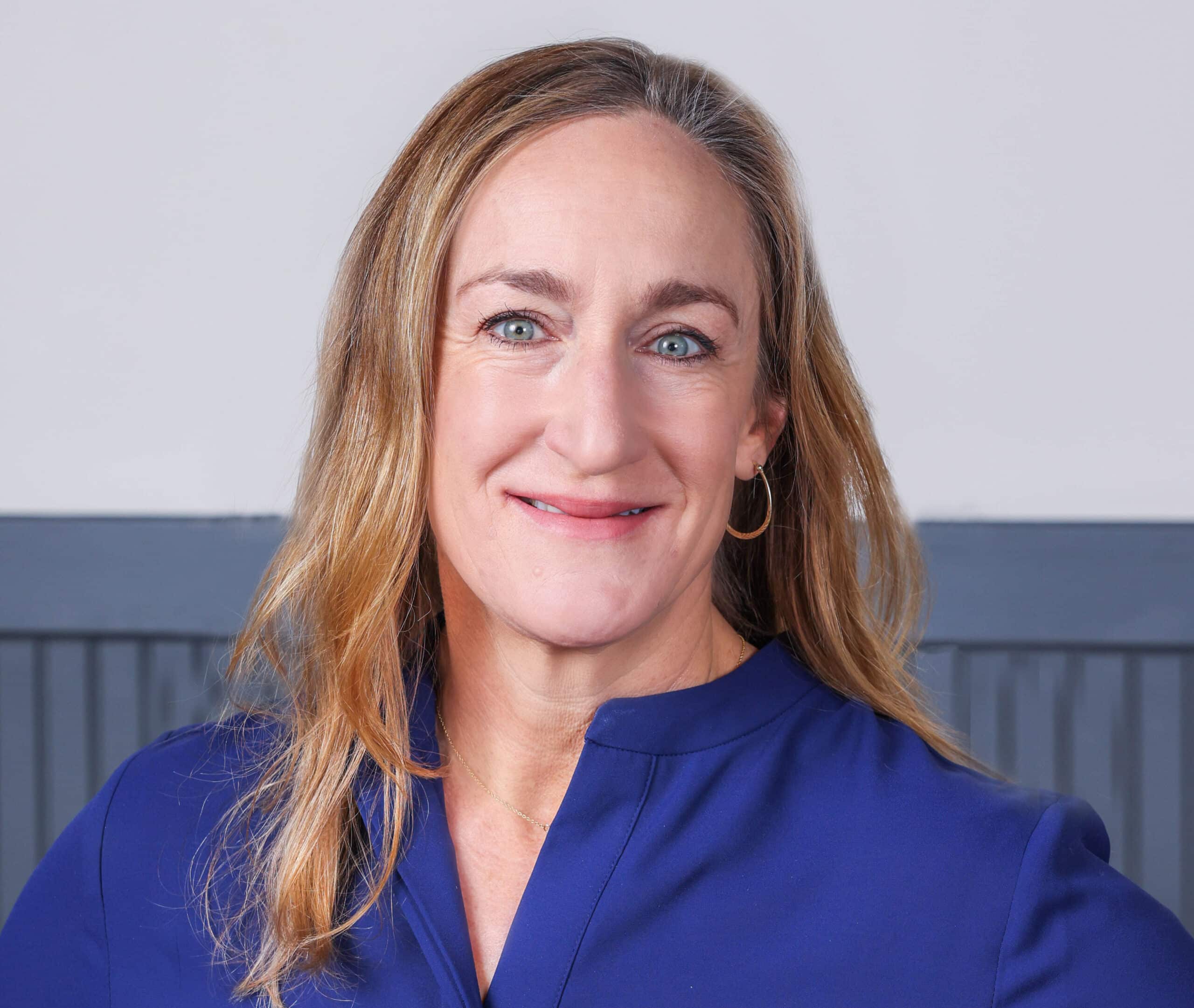Increasingly, carbon capture and sequestration (CCS) is recognized as an important decarbonization tool by a wide array of climate hawks. Yet opposition is mounting. Companies must engage today to build understanding and support for this important resource as the energy transition unfolds.
CCS provides an important venue for oil and gas companies to participate meaningfully in accelerating decarbonization. The key components of CCS utilize the existing expertise and infrastructure of the industry, resulting in an efficient, mutually beneficial opportunity: activate oil and gas personnel and resources and accelerate decarbonization. The strategic combination of workforce expertise and infrastructure with the enhanced tax incentives and federal support sets CCS apart as uniquely valuable on the energy transition path.
As recognition of the importance of CCS has grown, so has opposition to CCS — much like opposition to hydrogen — among political, environmental, and community groups. Today’s CCS proponents will require unprecedented and ongoing engagement with all stakeholders, especially community groups.
Both of these things are true:
- CCS can be a key part of the decarbonization strategy, representing a win across political parties and among industries.
- Opposition to CCS could prevent widespread implementation, reducing opportunities to accelerate decarbonization efforts.
The situation
Investment in CCS is increasing. Oxy recently announced a Permian direct air capture (DAC) project, Exxon received the first approval for a CO2 sequestration project on land managed by the federal Bureau of Land Management (BLM), and Exxon’s industry collaboration is driving efforts to implement large-scale CCS at Houston-area facilities. The recent passing of the Inflation Reduction Act — with its substantial tax incentives — will push more projects over economic thresholds.
There are a range of reasons that your stakeholders may be suspicious of — or even outright oppose — CCS. It’s important for you to understand these apprehensions so you as an industry leader can engage skillfully and meaningfully to credibly address both misinformation and understandable concerns.
- Concern #1: CCS could allow industry to delay environmental action. Some opponents to CCS argue that it serves simply as a way for oil and gas companies to prolong the production and use of fossil fuels without taking the immediate steps necessary to drastically reduce emissions today.
- Concern #2: Environmental justice (EJ) communities may be disproportionately harmed. Some opponents to CCS have a reasonable concern that nearby communities will be burdened with the development, particularly those that have been historically home to oil and gas operations. There is a reasonable aversion to implementation of under-studied technologies as well as both evidence-based and exaggerated fears that CCS will lead to reduced air quality, leaks or blowouts, and associated health risks.
- Concern #3: There are few financially viable CCS projects. Opponents often point to the history of project failure as well as the expense of these projects, arguing that they are cost-prohibitive compared with other emissions-reduction technologies.
As companies build their CCS strategies, it is imperative for leaders to understand the full range of concerns from skeptical citizens as well as the committed opposition. You will need all hands on deck to choose appropriate responses and navigate the stakeholder landscape proactively and considerately.
Seize the day
CCS is one of several venues where traditional oil and gas companies will play a significant role in accelerating the energy transition. Game-changing leaders will engage proactively, starting with the following.
- Plan to engage differently. Industry leaders must put local communities first, many of which will be EJ communities. You will do this by engaging with residents and community and political leaders early and often to co-create projects in a way that addresses local interests and concerns. Prioritizing these communities is essential to communicating the commitment of your company to be a good steward of the communities it operate in, to demonstrate a willingness to work together, and to provide education around how CCS projects will contribute to emissions reduction. Project proponents will work closely with local fire departments, emergency responders, and healthcare facilities to build their feedback into early project plans.
- Build novel partnerships to increase and accelerate positive impact. CCS has the advantage of drawing on industry expertise and creates the potential to work with other heavy industries in the capture, transport, and storage of CO2. The BLM’s recent approval of the first sequestration project on public land exemplifies this opportunity: “This project is a prime example of how the BLM can work together with industry leaders to combat climate change,” said BLM Wyoming State Director Andrew Archuleta. “Projects like this will allow the BLM to play a part in reducing carbon dioxide levels in the atmosphere.”
- Do some new math. Tax incentives will continue to be a key consideration in moving projects forward, and the new tax incentives will make many new projects economical. Several of the incentives almost doubled, and some DAC incentives more than tripled.
Although many proponents of CCS are baffled by CCS opposition, companies will only succeed by co-creating projects with a broad array of stakeholders and partners. By engaging early and comprehensively, oil and gas leaders will write the next chapter of the energy transition.
Adamantine can help your company with meaningful community engagement, developing an effective EJ strategy, and building partnerships to implement your CCS plans. Reach out today to learn more.
Thanks to Taryn MacIntyre for her work on this edition of Both True. Interested in sharing Both True with a peer? They can subscribe here.
To capturing the path forward,
Tisha

